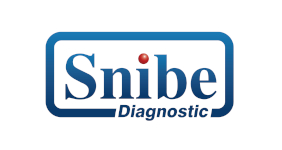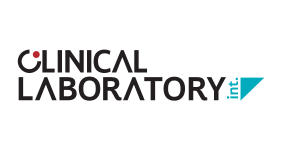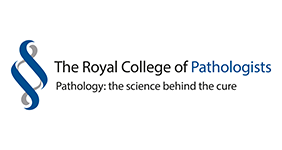Scientific Reports
14 November 2016
Researchers in St Louis, USA, have created a new substance able to detect Alzheimer’s earlier than is possible with current technology.
The compound, named Fluselenamyl, could potentially be used in brain scans if mixed with a radioactive atom. It is able to detect amyloid clumps – precursors to Alzheimer’s – better than current drugs approved by the US Food and Drug Administration (FDA).
Dr Vijay Sharma, lead author from Washington University, said: “Using this compound, I think we can reduce false negatives, potentially do a better job of identifying people in the earliest stages of Alzheimer’s disease and assess the effects of treatments.”
Amyloid plaques are either classified as diffuse or compact. Compact plaques have been associated with Alzheimer’s, but diffuse plaques are classified as benign due to them being found in elderly patients without any neurodegenerative symptoms. Dr Sharma believes these benign plaques may signal the earliest stages of the disease.
Dr Sharma said: “Since current approved agents don’t detect diffuse plaques, there is no reliable non-invasive imaging tool to investigate this aspect in animal models or in patients. Our compound could be used to study the role of diffuse plaques.”
In studies, Fluselenamyl bound to human amyloid proteins two to 10 times better than FDA approved drugs, meaning it was much more sensitive to smaller-sized plaques. When combined with a radioactive atom, it was able to cross the blood-brain barrier in mice when injected intravenously, bind to plaques and be detected by PET scans. It was quickly excreted in mice with no plaques.
Dr Sharma has submitted an application for phase 0 trials, which will see a small number of human subjects injected with a low dose of the compound to understand how it is processed in the body.
He said: “One day, we may be able to use Fluselenamyl as part of a screening test to identify segments of the population that are going to be at risk for development of Alzheimer’s disease. That’s the long-term goal.”
Source: Scientific Reports via www.laboratorynews.co.uk
--------------------------------
The CME-accredited Molecular Diagnostics conference at MEDLAB will discuss how molecular diagnostics is being applied to the clinical setting for greater speed and accuracy of healthcare delivery, while paving the way for a new era of medicine.










































































